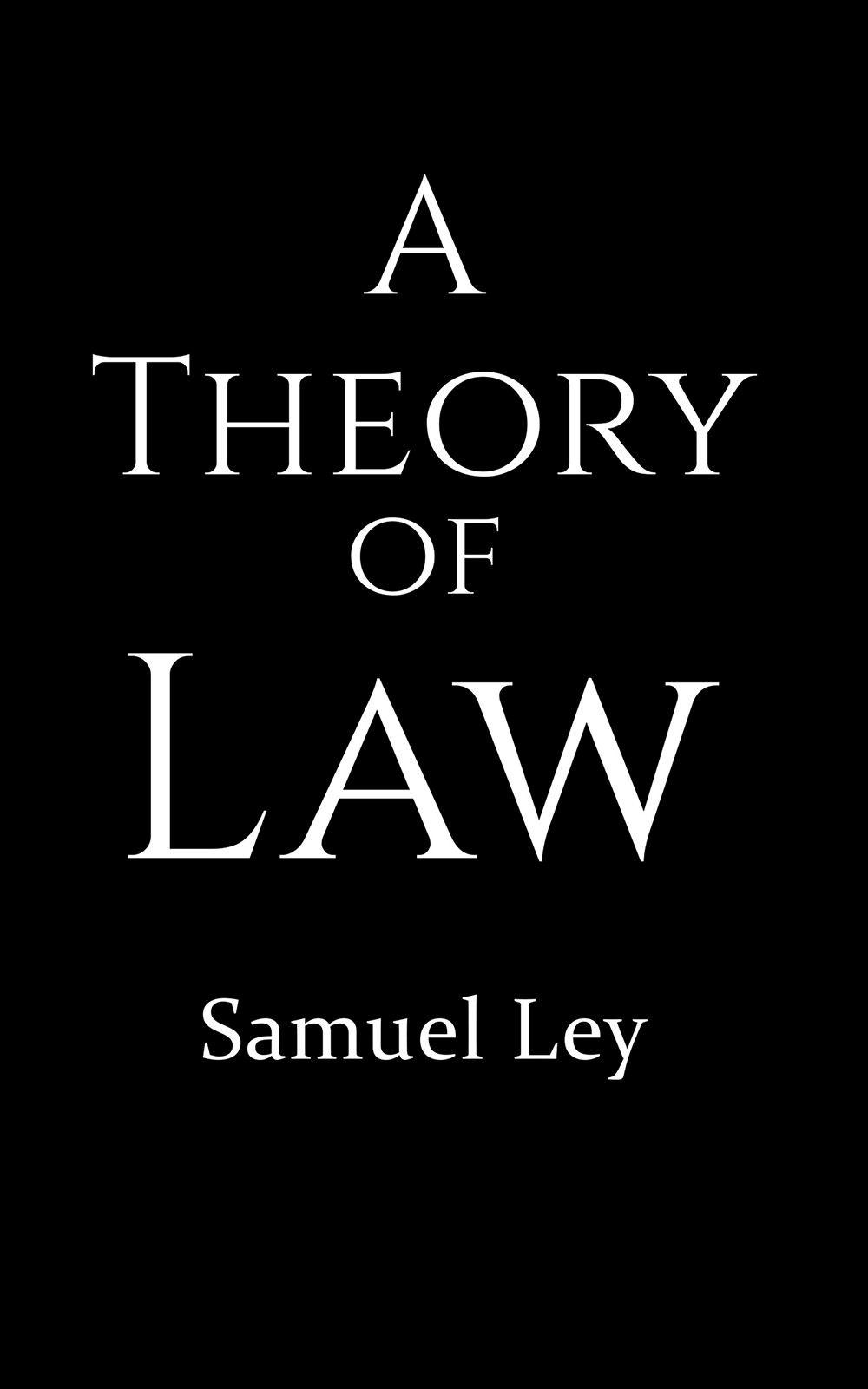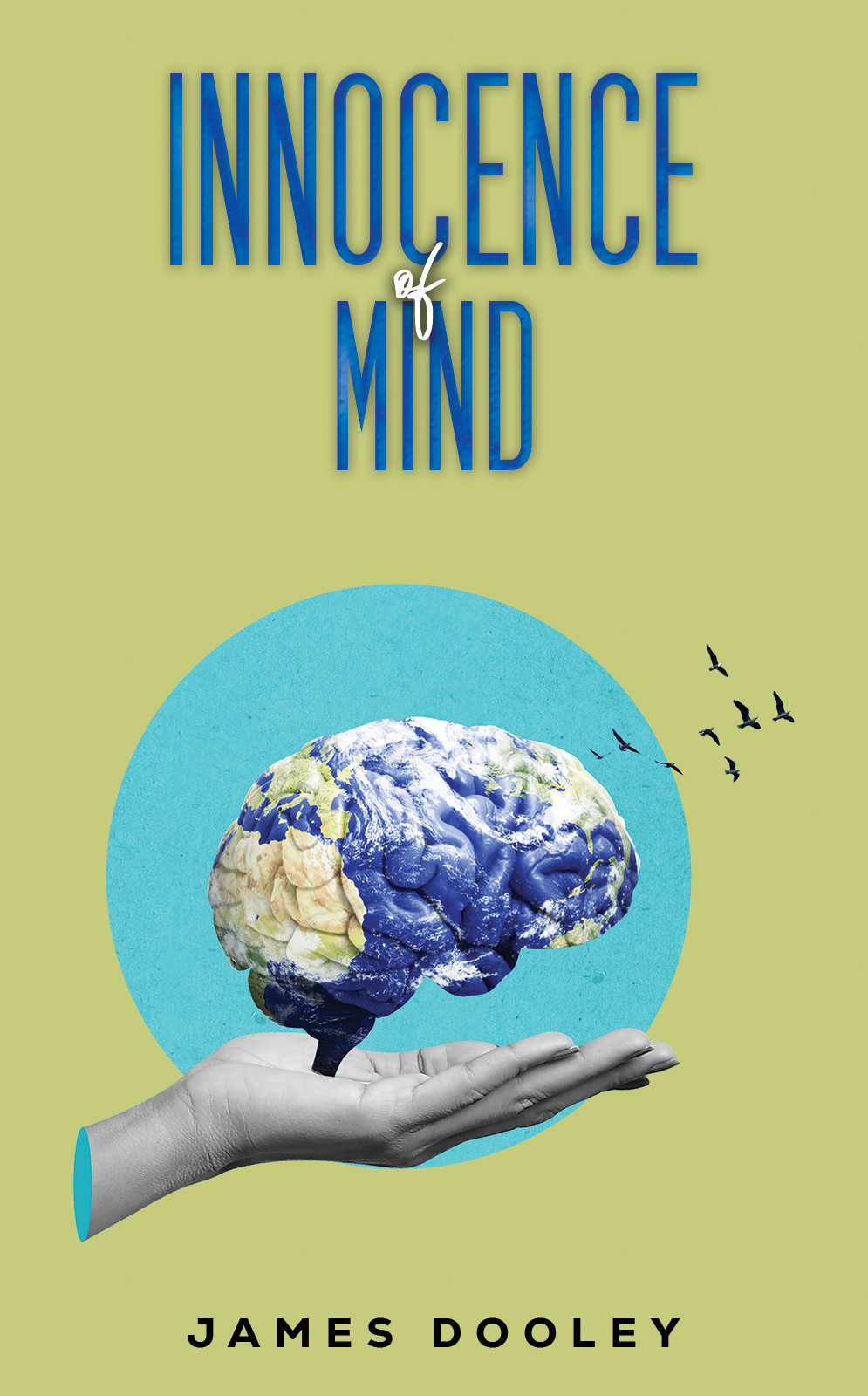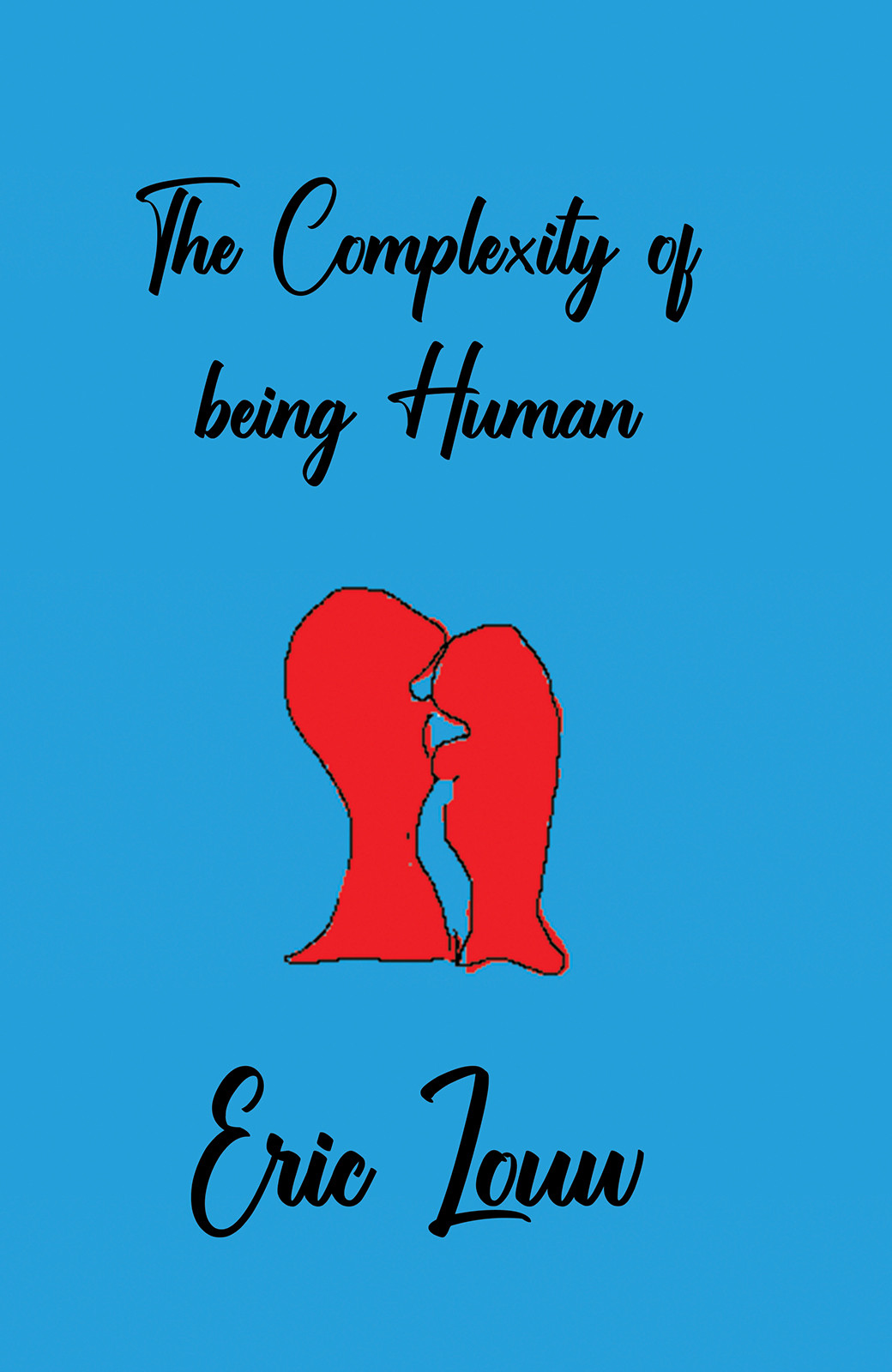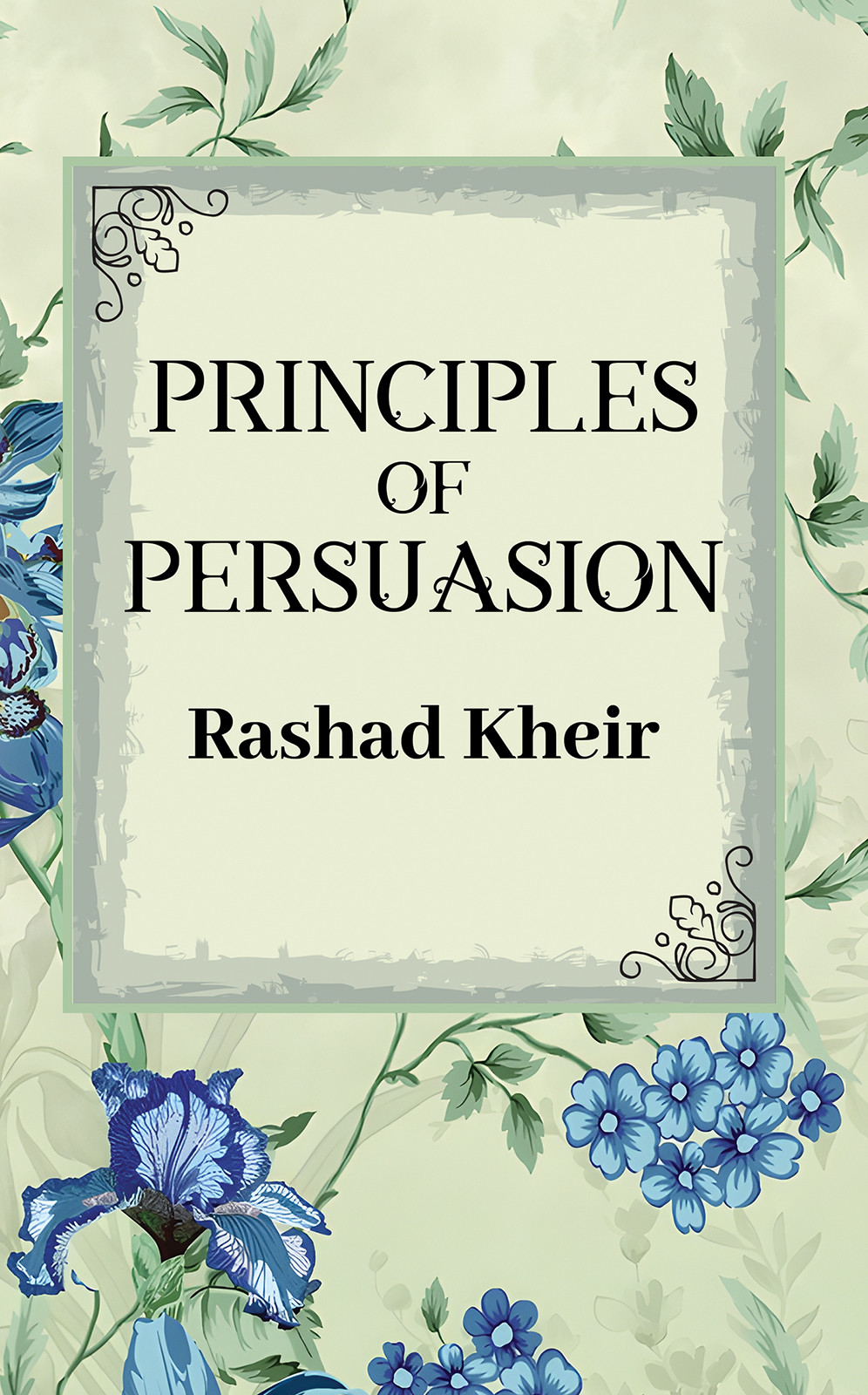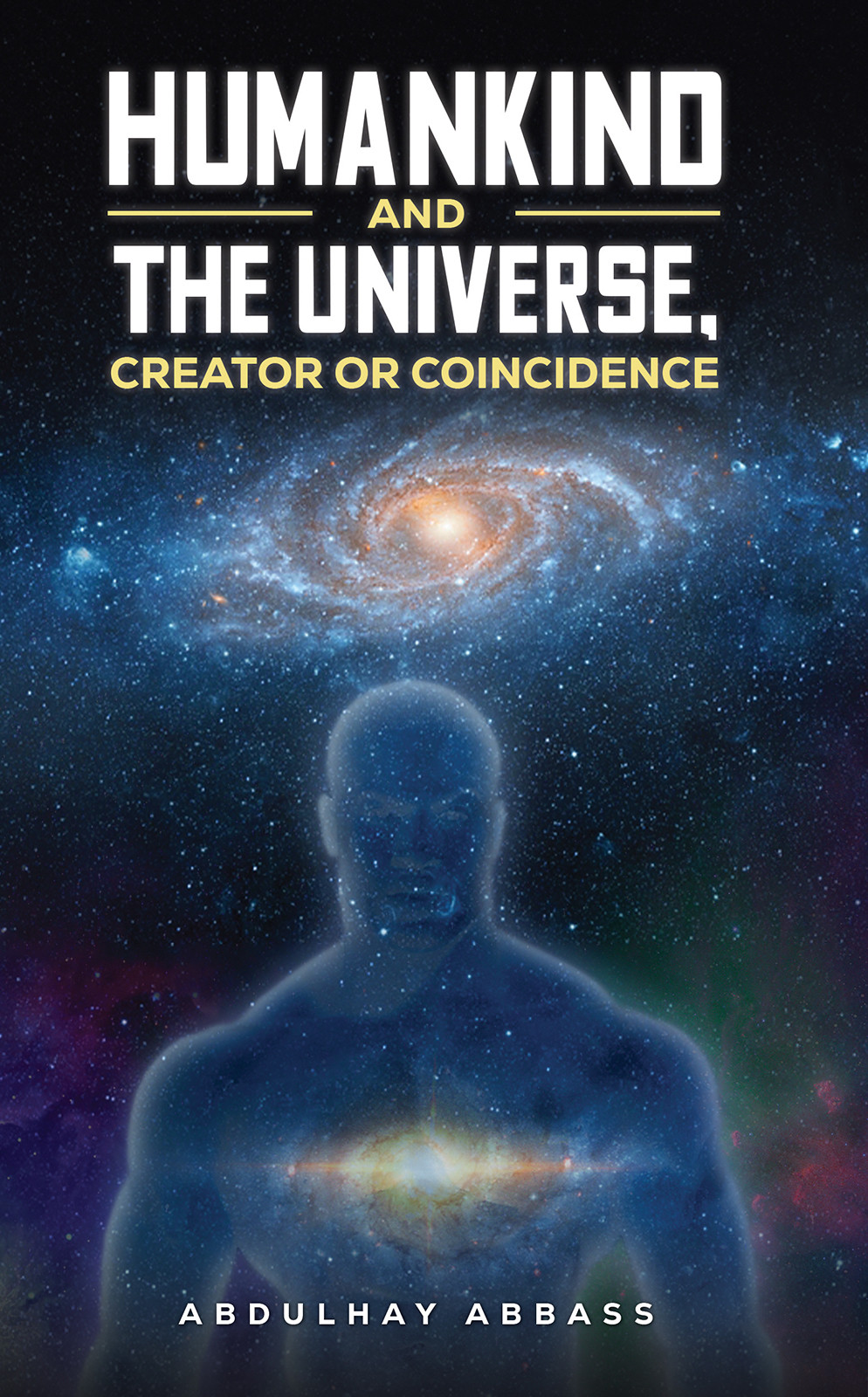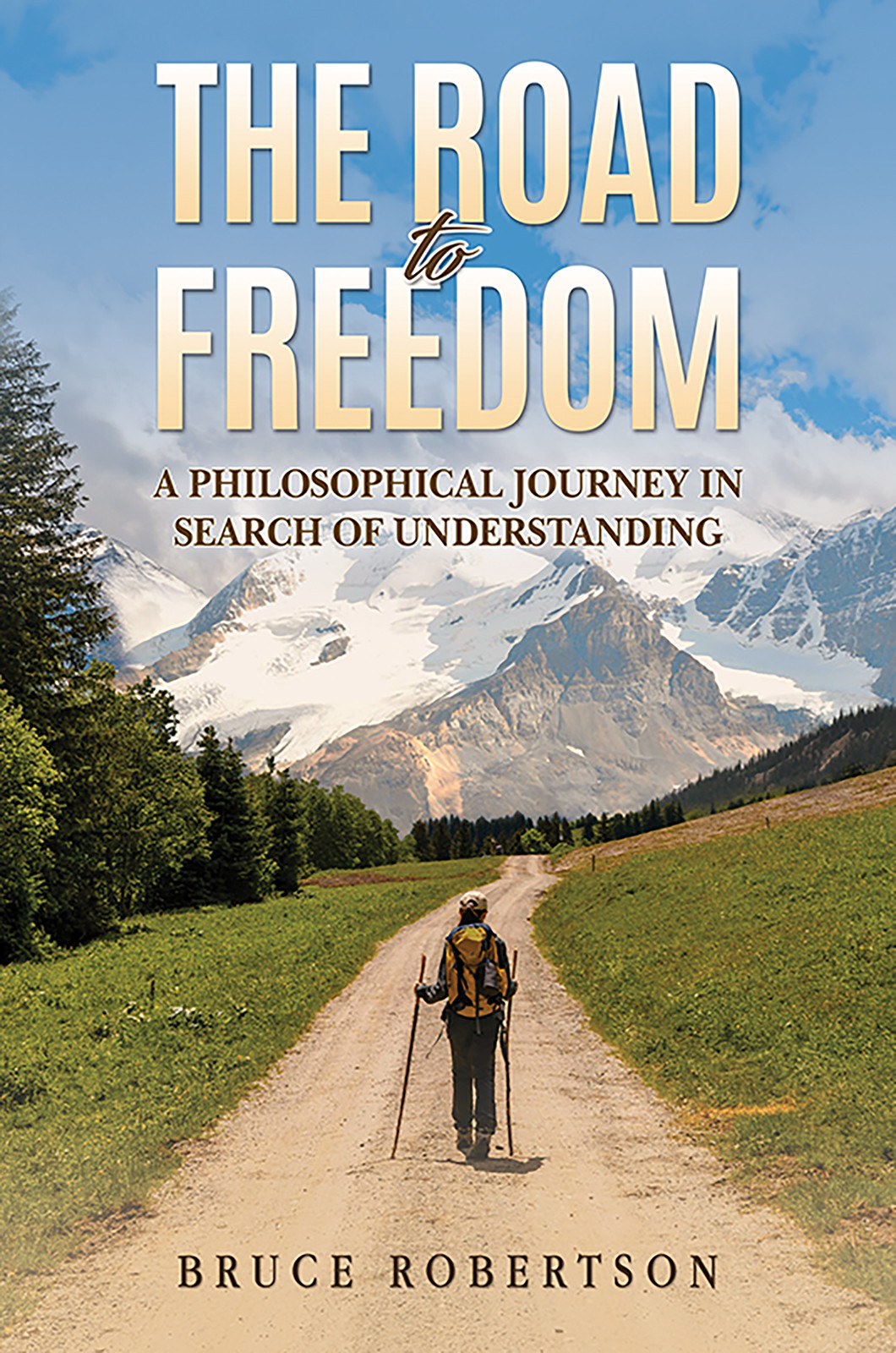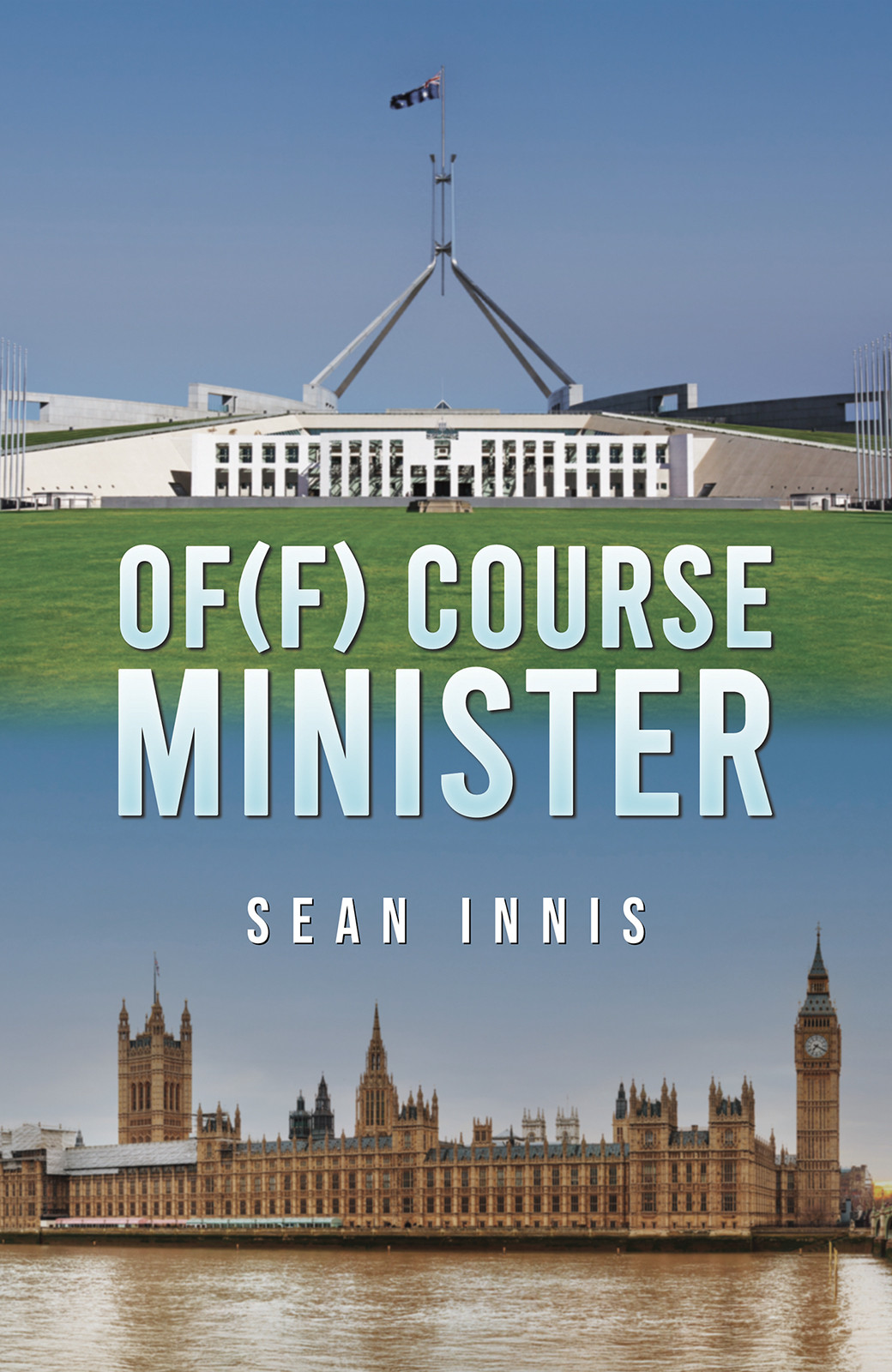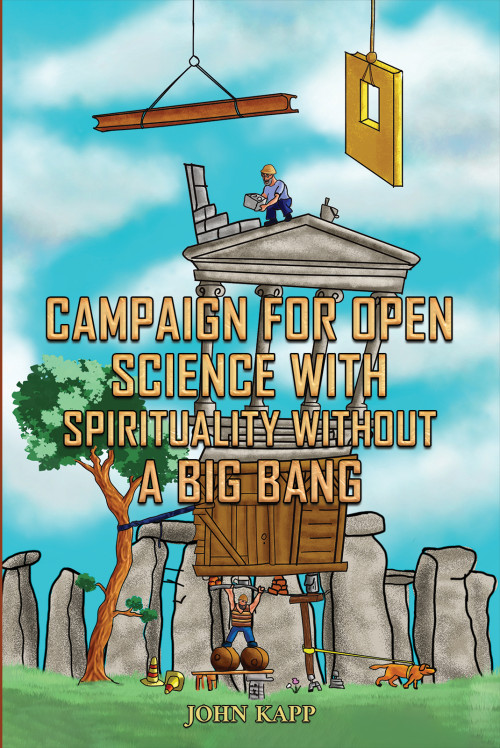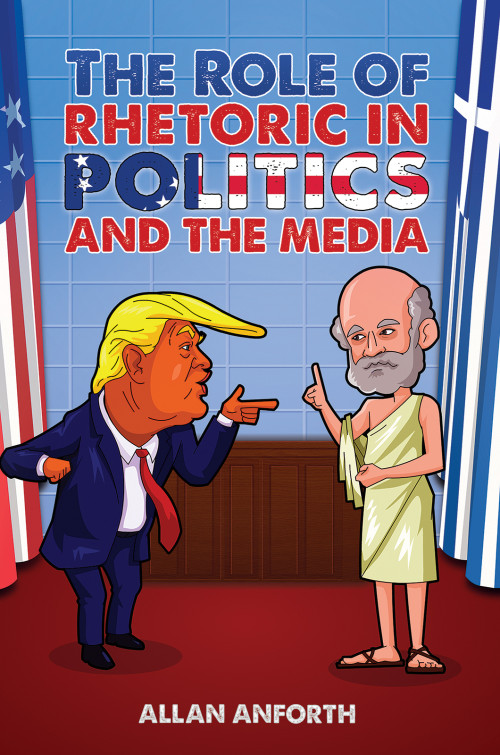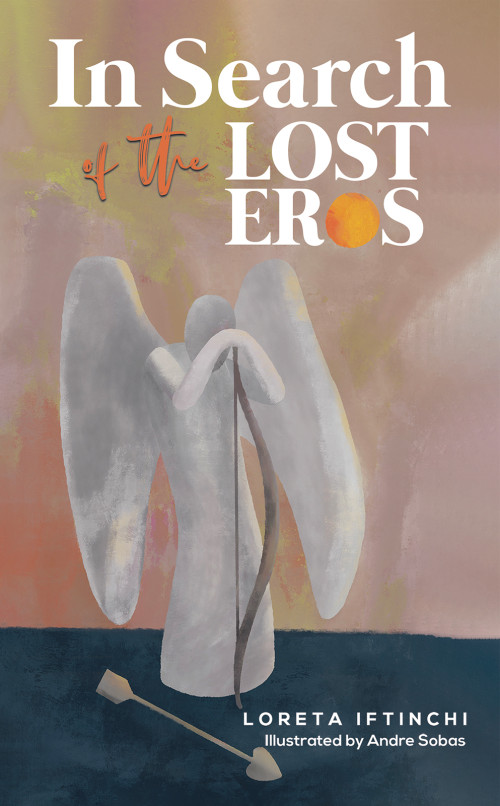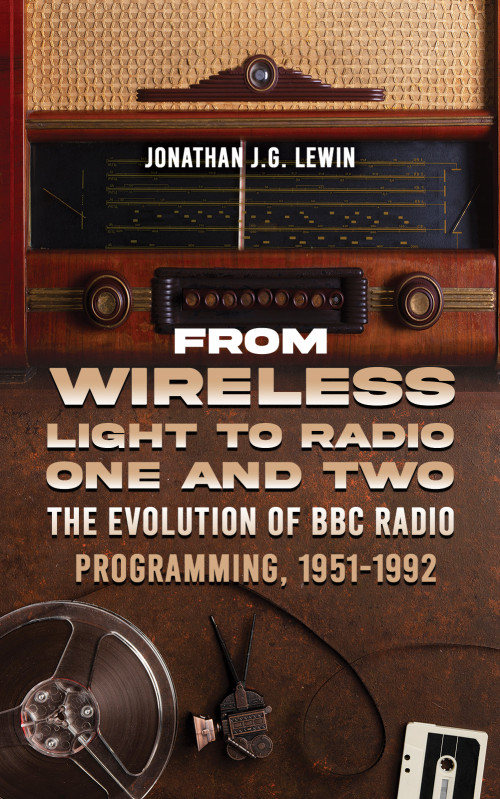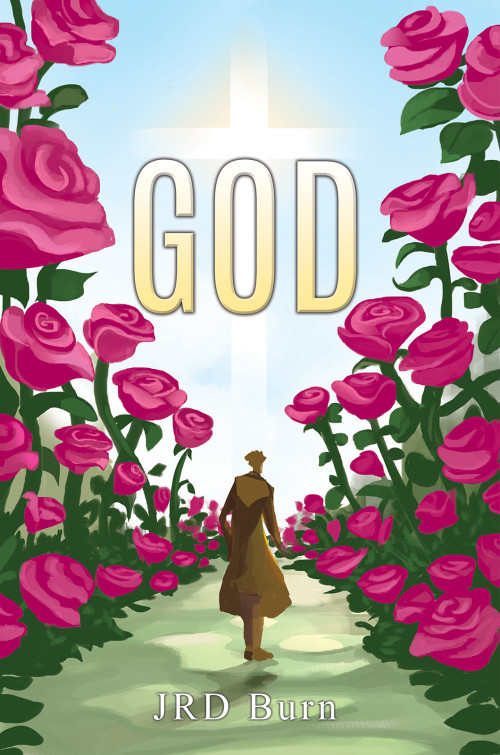A Theory of Law
From the science of evolution and consciousness to the rule of law and truth, A Theory of Law presents an original theory of law with a wide variety of insights into the fundamentals of legal theory.
In A Theory of Law, the long-term debate between legal positivists and natural law theorists is solved in favour of the latter, with the effect that unjust state action does not amount to valid law. Whilst legal positivists argue that state action can amount to law regardless of how unjust it is, A Theory of Law argues that such a position is significantly lacking both in intellectual rigour and in truth.
The heart of this matter concerns the nature of truth, and, with this in mind, a definition of truth is given. Truth, it is suggested, is not neutral as between good and evil, so legal truth must be an expression of the good.
With a variety of important ideas in a form easily accessible to those without legal training, students and established scholars, A Theory of Law is a must-read for those interested in widening their knowledge of the nature of the laws which govern our society.

